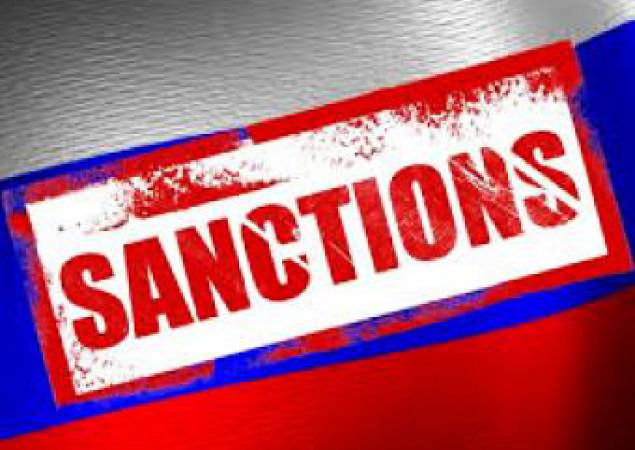Any move by the European Union to impose new sanctions on Iran over its ballistic missile program and alleged involvement in Middle East conflicts would be “interesting and helpful”, a U.S. administration official said on Tuesday, Reuters reports.
U.S. President Donald Trump, who has taken a more hawkish line on Iran than predecessor Barack Obama, has said Tehran’s missile program should be curbed and wants to punish Tehran over its role in Yemen and Syria.
Trump has also dealt a blow to an international 2015 deal on Iran’s nuclear program by disavowing Iran’s compliance with its terms. The U.S. Congress now has until mid-December to decide whether to reimpose economic sanctions on Iran that had been lifted in exchange for it limiting its nuclear activity.
But the EU, which normally coordinates closely with Washington on international sanctions, has been lobbying hard to preserve the nuclear accord, saying it should be kept separate from missile and regional security matters.
Last week, French President Emmanuel Macron mooted the possibility of fresh sanctions, saying he was “very concerned” about Iran’s missile program following the firing of a missile from Yemen into Saudi Arabia.
“It would certainly be a very interesting and probably helpful move on the part of the EU,” the U.S. administration official told reporters in Brussels when asked if Washington wanted the EU to pursue fresh restrictions on Iran.
The missile fired into Saudi Arabia from Yemen on Nov. 4 was intercepted near Riyadh airport and there were no casualties. Saudi Arabia, which intervened against Iran-backed Houthi rebels in Yemen’s war in 2015, accuses the Islamic Republic of supplying missiles and other weaponry to the Houthis.
Tehran denies this and it also rejected Macron’s remarks, saying its missile program was solely defensive and not linked to the nuclear pact, which European powers, Russia and China - the other parties to the 2015 deal - say is vital to containing Middle East tensions.






